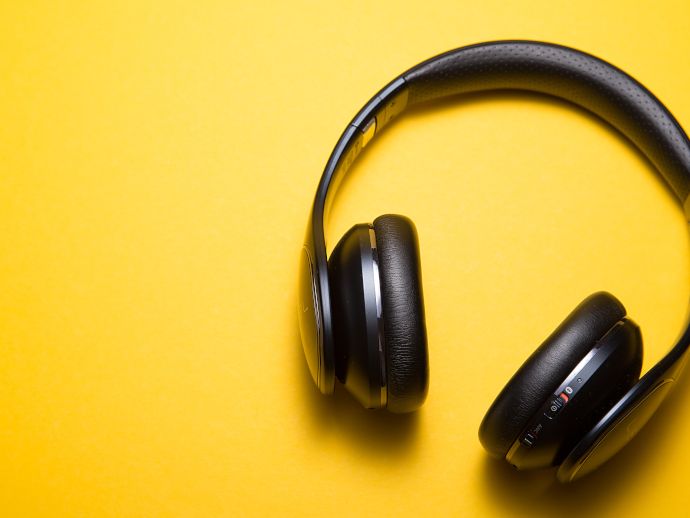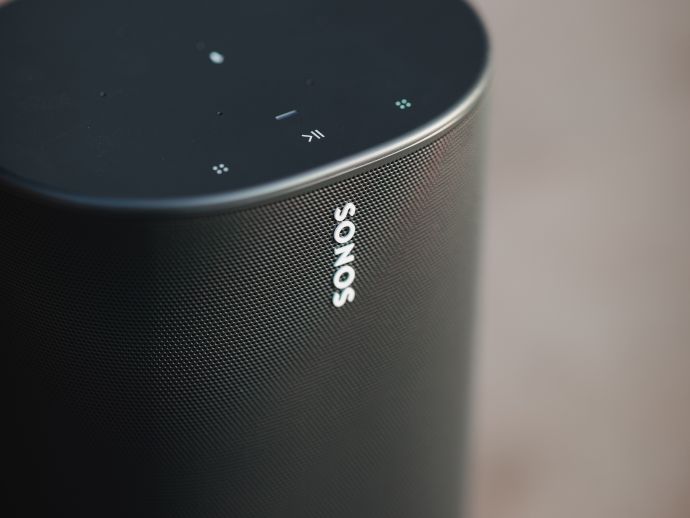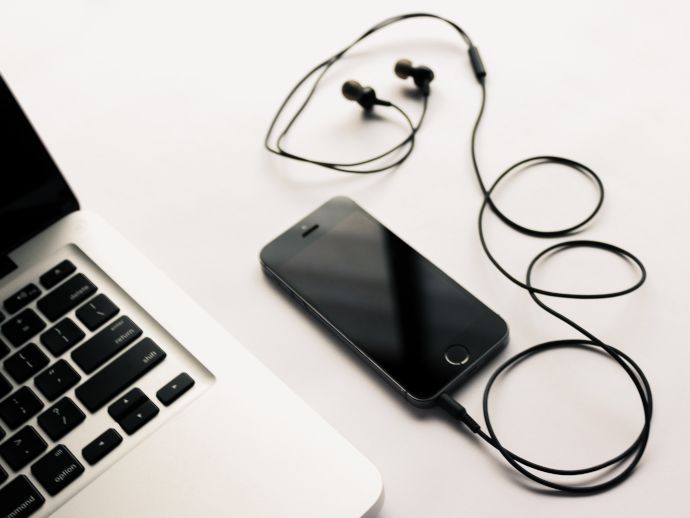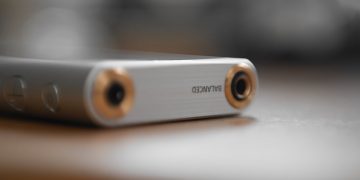It seems that there's always a reason to upgrade from whatever it is you've got these days.
If you have a phone, there's a better one out there, and if you just got that better one, it's only a matter of time. The same goes for computers, TVs, game consoles, and most anything with electronics inside.
Even music isn't immune. Sure, you could just stream from Spotify, but what about high-resolution audio formats that promise better sound quality? Are they actually worth listening to, or should you stick with what you've got?
The Pros of High Resolution Audio

While plenty of talk about high-res audio immediately dissolves into dismissing audiophiles who pay hundreds of dollars for cables, it's not exactly snake oil. That said, it can be tough to figure out what matters.
The most important think is bit rate. CD-quality audio is 16-bit / 44.1 kHz, while high-res doesn't have a set bit rate or sample rate. That said, much of what you'll find for sale as high-resolution audio is 24-bit instead of 16-bit, and this basically means that the overall audio resolution is enhanced.
In most cases, you may not hear the difference (we'll talk more about that later) but in the case of extremely dynamic music like classical, you'll hear a difference in quiet passages. Specifically, less noise will be present at extremely low volumes in 24-bit audio when compared to 16-bit.
When it comes to sample rate -- 44.1 kHz vs 88.2 kHz, 96 kHz, or 192 kHz -- you'll find a lot more variance in opinions. We're not going to break down the entire argument here, as it's easy to get into the weeds on this one.
The Cons of High Resolution Audio

The main argument against high-res audio is that you can't hear the difference. A large part of this depends on what you're comparing.
For example, if you compare a 128 kbps MP3 version of a song and that same song from a CD, you'll easily hear a difference. Increase the bitrate of the MP3 and you'll have a much harder time.
Now compare a 24-bit / 192 kHz FLAC file against the same song in 16-bit / 44.1 kHz FLAC format, and it becomes even tougher to tell the difference.
Of course, what you're listening on matters, but the actual music will influence your ability to hear the differences as well.
If you're listening to a metal song with all the dynamic range squeezed out and the loudness pushed within an inch of its life, you probably won't even notice the difference with a high-quality MP3, but hey, you might.
Who Is High Resolution Audio For?

If you've never listened to an entire recording in your life and you just stream your favorite songs, there's a good chance that even if you do hear the difference in high-res audio, it's not going to be worth the additional cost to you.
That's not an absolute statement, but if you're just listening to music for fun, you probably don't need the additional fidelity.
Conversely, if you've got a hi-fi setup that costs more than your car and headphones more expensive than whatever you're reading this on, go ahead and spend the extra money on high-res music. You may as well get every bit of detail possible in the source material to make the most out of your setup.
For my own personal listening, I prefer high-res... but often find it tough to tell the difference between my own lossless files and a Spotify version of the same song.
The one thing I do notice is that I tend to listen more closely when I listen to my high-resolution files, and I'll notice details I never picked up before. If I then go listen on Spotify, I'll notice the same detail, but I tend to pick up things for the first time more with high-resolution.
I could probably bypass the high-res music and just listen more carefully, but I like having a music collection, even if half of it is digital files.
The Gear You Use Matters
As a final point, if you're playing music over a cheap Bluetooth speaker, there's no need to upgrade your source material to high-res, as the speaker likely won't do it justice. The same thing likely goes with the headphones that came with your phone.
If you're thinking about high-resolution music, take a look at our guide to whether you should buy a standalone audio player to listen to your lossless tunes.


